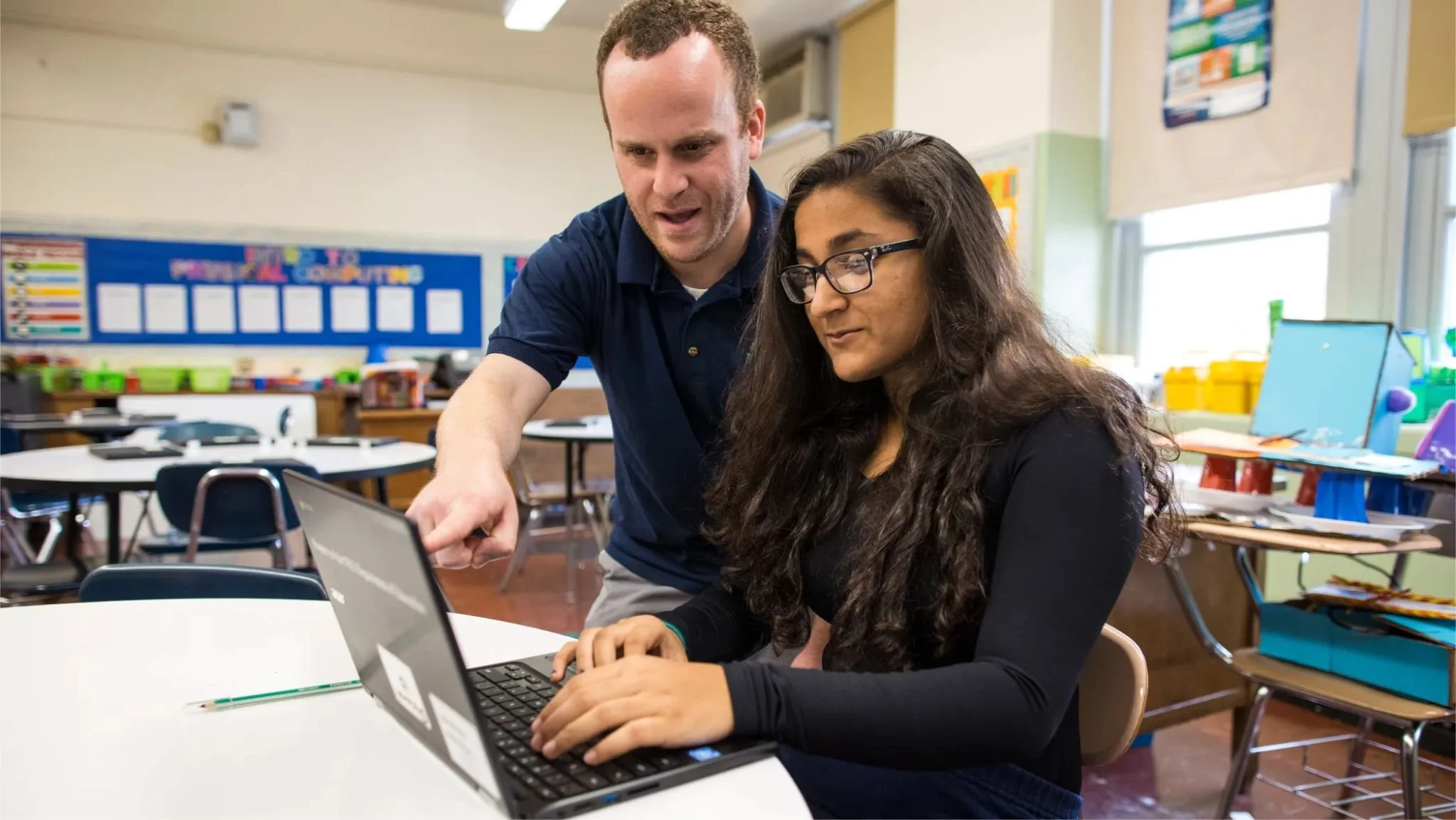Harper Adams University receives £500,000 funding to support AI learning and teaching
Harper Adams University in the UK will receive £500,000 in funding from the Office for Students to invest in high-tech equipment to support learning and teaching in AI and engineering over the next year.

The university’s digital skills hub, which is based at the Quad in Telford, will develop a new Centre for AI in Manufacturing, Agri-Tech, and Engineering Skills, called AI:MATES, in collaboration with European Innovation.
The new equipment will include AI workstations, immersive learning pods, edge computing servers, and VR/AR devices.
The university’s Edgmond campus will expand its Collaborative Simulation Laboratory with the funds, using advanced techniques to test and refine products before physical prototypes are made.
Harper Adams University Vice-Chancellor Professor Ken Sloan says: “This funding will help us to deliver high-quality AI learning in the heart of the community we serve – and help businesses and organisations visualise and test products before they are even built.
“Together, they will equip the next generation of learners with the skills employers are telling us they need – and businesses with the confidence to develop products knowing their design has been optimised using the latest virtual technologies.
“While the Ai:MATES Centre will be based in the heart of an urban environment, we also intend to ensure its services are available to reach all kinds of communities – as the funding will enable us to offer remote access AI labs and cloud-based environments, which we will use to reach students in rural and under-served areas.”
Nolan Smith, Director of Resources and Finance at the Office for Students, adds: “This year’s funding allocation will help a broad range of universities and colleges to ensure their students can access the facilities and equipment they need to succeed.
“This was a very competitive funding round, and the projects we are supporting will make a tangible difference to current and future students. As well as expanding opportunities for students in strategically important subject areas, these projects will offer a boost to local and regional economies and promote national growth.”























